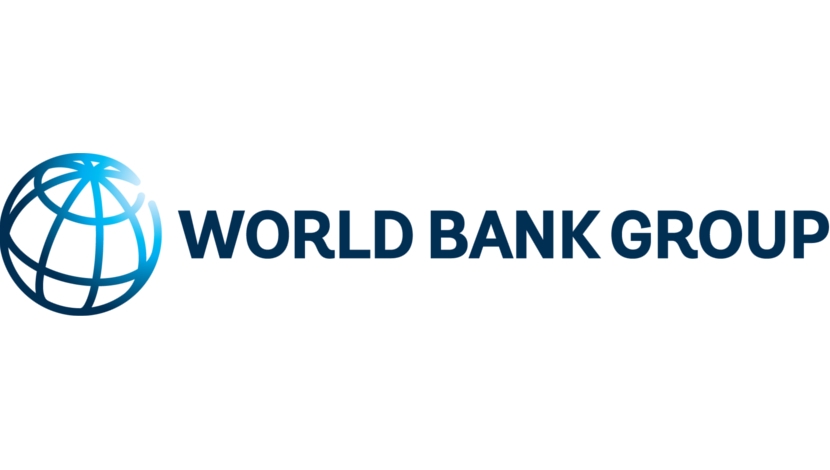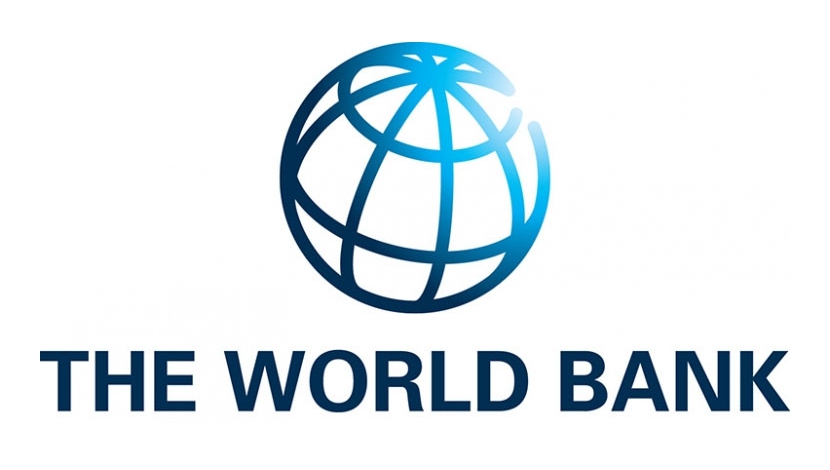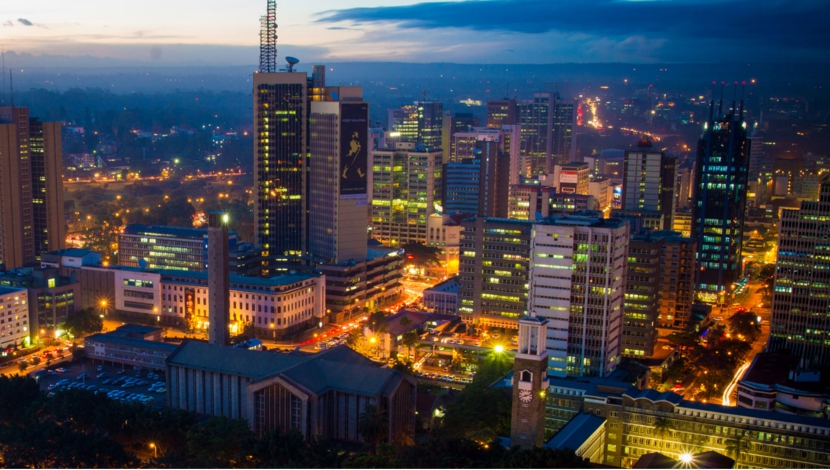

Sub-Saharan African countries have set a new record, for the second consecutive year, for the number of business reforms undertaken during 2016/17, a new World Bank report shows.
The ‘Doing Business 2018: Reforming to Create Jobs’ report, now in its fifteenth year, reported that 83 business reforms had been undertaken across sub-Saharan Africa in the past year, up from 81 the year before.
This brings the number of reforms carried out in the past 15 years to 798 in the 48 economies of the region that were reviewed.
Globally, there were 3 188 business reforms across the 190 economies reviewed over the same period.
“The reform effort in sub-Saharan Africa is worth celebrating, as the region is beset with myriad crises, including conflict and violence. We hope to continue recording the region’s successes in enabling entrepreneurship to address the challenge of job creation, particularly for the region’s millions of young women and men,” World Bank Global Indicators Group acting director Rita Ramalho said on Tuesday.
Overall, the governments of 119 economies carried out 264 business reforms in the past year to “create jobs, attract investment and become more competitive”, with developing countries accounting for 206 of those reforms – 78% of the total – and South Asia implementing a record 20 reforms.
Improving access to credit and registering a new business formed the bulk of the reforms, accounting for 38 reforms each, while 33 reforms centred on facilitating cross-border trade.
In sub-Saharan Africa, many of the past year’s reforms focused on trading across borders and starting a business, each with 15 reforms, followed by 14 reforms dealing with construction permits.
Malawi, Nigeria and Zambia were among this year’s global top ten “improvers” based on the reforms undertaken, along with two economies from East Asia and the Pacific, two from Europe and Central Asia, one from Latin America and the Caribbean, one from the Middle East and North Africa and one from South Asia.
Kenya, with six reforms, implemented the most reforms in the sub-Saharan African region in the past year, followed by Mauritania, Nigeria, Rwanda and Senegal, each having implemented five reforms during the past year.
Mauritius and Malawi undertook four reforms each.
Over the past 15 years, the biggest reformers in the region have been Rwanda, with an aggregate 52 reforms, followed by Kenya with 32 reforms and Mauritius with 31 reforms.





